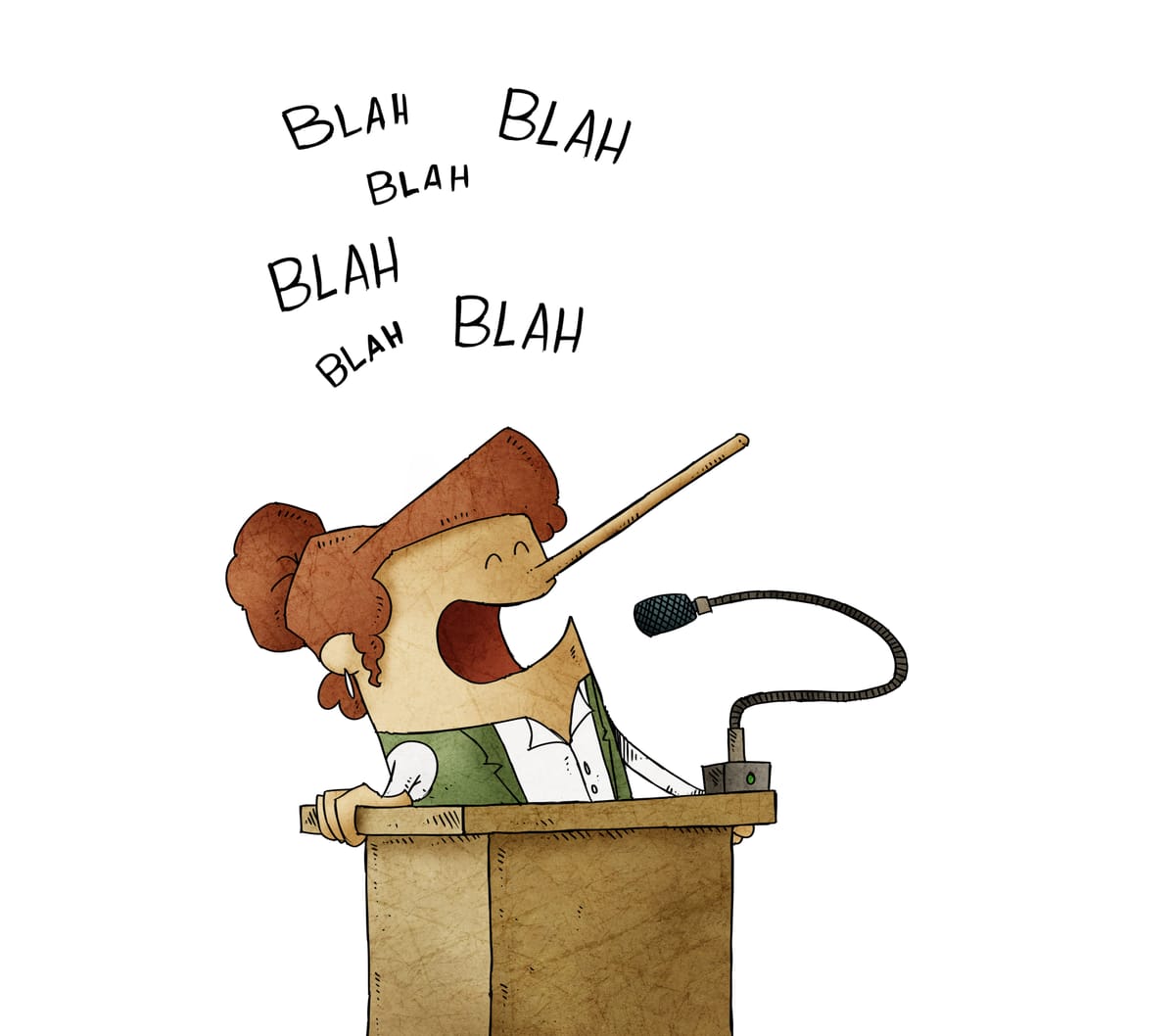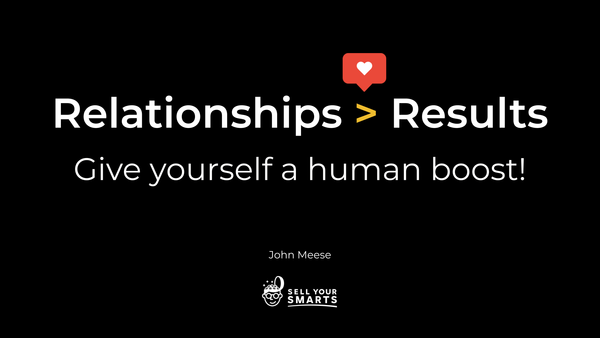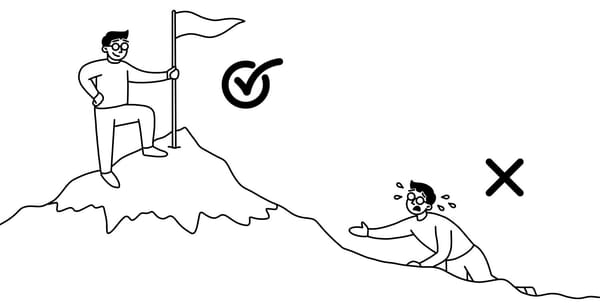Four Reasons You Should Never Tell That Little, White Lie

According to Dr. Robert Feldman, the average person lies three times in a ten-minute conversation, often without realizing they've done so. Does casual dishonesty come so natural to mankind? I don't want to believe it. But honestly? I do.
People will lie to protect someone's feelings, stretch the truth to impress a crowd, or pretend to agree with someone just to avoid conflict—and that's just honest folk.
Dishonest people will lie, cheat, and steal to get whatever they want. Most people agree that there's something wrong with that, but at least 40% say lying is justified sometimes, including when a parent lies to their own children.
I hold on to the increasingly unusual idea that lying is not okay. The ends do not justify the means. I know I'm not alone in this ideal, but it sometimes feels that way. Here's why I feel the way I do:
1. Lying Is Wrong
First and foremost, let's start with the most obvious reason not to lie: it is both morally and ethically wrong. It is also literally wrong because lying represents something other than what is right or true.
If you're a Christian, you know that “Thou shalt not bear false witness” is one of the ten Old Testament commandments. Beyond the Christian Church, honesty is one of those principles you can find in almost any religion or philosophy on the planet (or beyond?).
Honesty—or at least trust—is the foundation of all relationships.
2. Lying Is Exhausting
As Mark Twain put it,
If you tell the truth, you don't have to remember anything.
When you lie, you're doing two things at once: you must both create a falsehood and withhold reality. That takes extra brainpower and is more demanding than simply telling the truth. The bigger the lie, the more energy it takes. Even small lies add up, and can quickly wear out your mind.
3. Lying Is Harmful
Lying usually ends up with someone getting hurt. In many cases, it's you.
Dishonesty is harmful to the recipient of a lie because it presents them with a distortion of reality. Even if they never find out it was a lie, that misconception might prevent them from pursuing the correct path or making a decision based on all the right facts. If they do find out it was a lie, they're likely to be hurt or offended.
As well, lying is one of the quickest ways to destroy your own reputation. If your friends or coworkers know you're willing to lie to someone else, what's to stop you from lying to them? The smallest lie leads people to question everything you say. What's more, you lose the ability to influence others.
4. Lying Is Easy
The hardest part about telling the truth is that often the lie seems much simpler.
After all, if a lie means avoiding conflict or saving someone's feelings, that's a win, right? Wrong.
It turns out that it's a common trend: most things worth having don't come easy. The truth sometimes hurts, because we live in a world with pain and disappointment. Denying that won't make it go away, but facing it just might.
The Exception?
In the world's history, there have been some situations where people have lied to save someone's life, such as during war or persecution. If you find yourself in a situation like that, by all means, do what you believe is honorable and right. Most people, however, lie for relatively trivial reasons, when the truth would have served just as well.
When you do tell the truth, it is possible to tell it with grace and love. A tactful choice of words can save someone's pride just as well as any outright lie. But the truth is so much sweeter. There is so much good in a white, pure truth.
Do you believe lying is ever justified?





